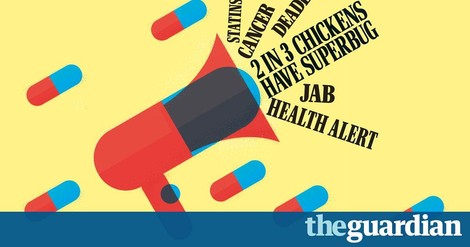Your podcast discovery platform
Curious minds select the most fascinating podcasts from around the world. Discover hand-piqd audio recommendations on your favorite topics.

piqer for: Global finds Health and Sanity Doing Good
Bangalore-based Rashmi Vasudeva's journalism has appeared in many Indian and international publications over the past decade. A features writer with over nine years of experience heading a health and fitness supplement in a mainstream Indian newspaper, her niche areas include health, wellness, fitness, food, nutrition and Indian classical Arts.
Her articles have appeared in various publications including Mint-Wall Street Journal, The Hindu, Deccan Herald (mainstream South Indian newspaper), Smart Life (Health magazine from the Malayala Manorama Group of publications), YourStory (India's media technology platform for entrepreneurs), Avantika (a noir arts and theatre magazine), ZDF (a German public broadcasting company) and others.
In 2006, she was awarded the British Print-Chevening scholarship to pursue a short-term course in new-age journalism at the University of Westminster, U.K. With a double Masters in Globalisation and Media Studies from Aarhus Universitet (Denmark), University of Amsterdam and Swansea University in Wales, U.K., she has also dabbled in academics, travel writing and socio-cultural studies. Mother to a frisky toddler, she hums 'wheels on the bus' while working and keeps a beady eye on the aforementioned toddler's antics.
Next Time You Read Coffee Is Good For You, Think Again
When it comes to health reportage, if there is one issue that deserves shouting from the rooftops, it is this – in this age of information glut, how do we deal with alarmist health stories?
This article does all the shouting – competently. We are all suckers for bad health news and one sweep of the Internet will tell you that there is no dearth of it. As Brunel University’s James Carney says, bad news “sucks us into its orbit like a cultural parasite.” It is the same instinct that makes people gather at accident sites or hover around when two strangers are fighting – we are monitoring threats. Without thinking about it consciously, we are upping our survival instinct.
It is against this backdrop that scary health news that are often contradictory assume greater significance than mere piquing of curiosity or annoyance. The trouble today is health studies are too numerous and way too complex for the lay person who, when reading them, becomes either anxious, guilty, or worse, fatalistic. The result? No one is able to fathom their true implications.
Take the case of coffee. We have been admonished for long about ingesting all that caffeine, but in the past two weeks, you will not have escaped a spate of articles quoting a study that claims drinking two or three cups of coffee a day is good for you. As Aaron Carroll, a paediatrics professor rightly says, these studies are reported by the media as if they had been conducted in a vacuum. Studies are part of the scientific discourse and healthy scepticism will serve everyone well.
Understanding study types and their quality, as Carroll says, is vital. For instance, animal studies in a lab cannot completely replicate the human experience; cohort studies often do not test the real cause. And there are studies which fail in replication.
The crucial point the article is making is the urgent need for a certain amount of scientific literacy. And this cannot be stressed enough if we hope to tweak our habits according to the latest in science.
